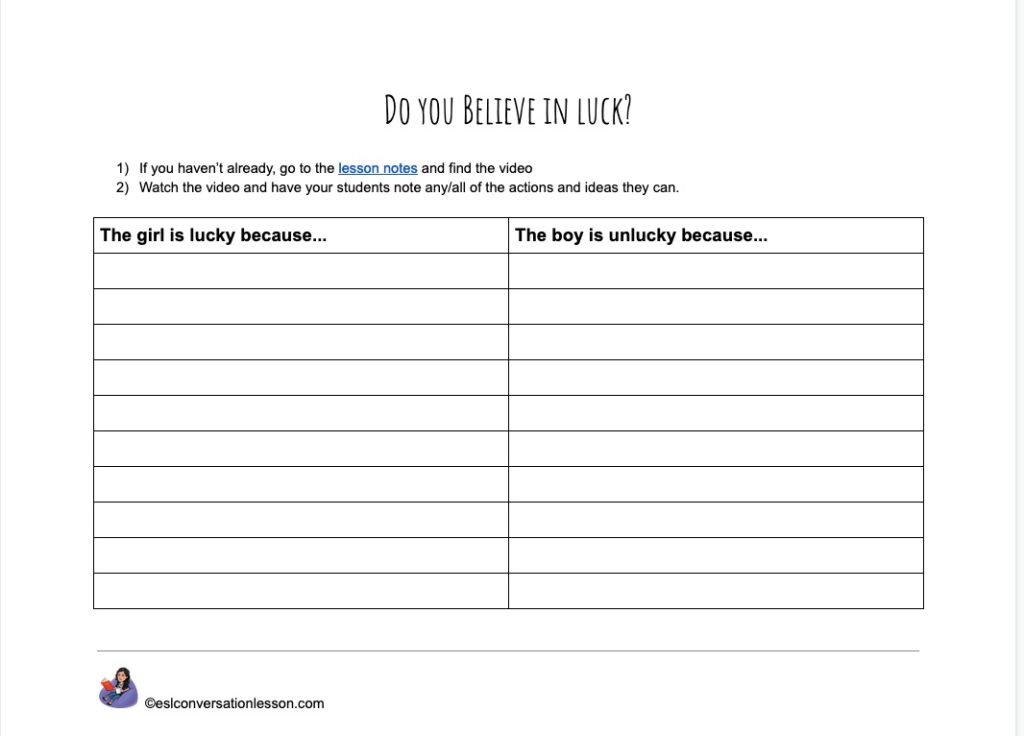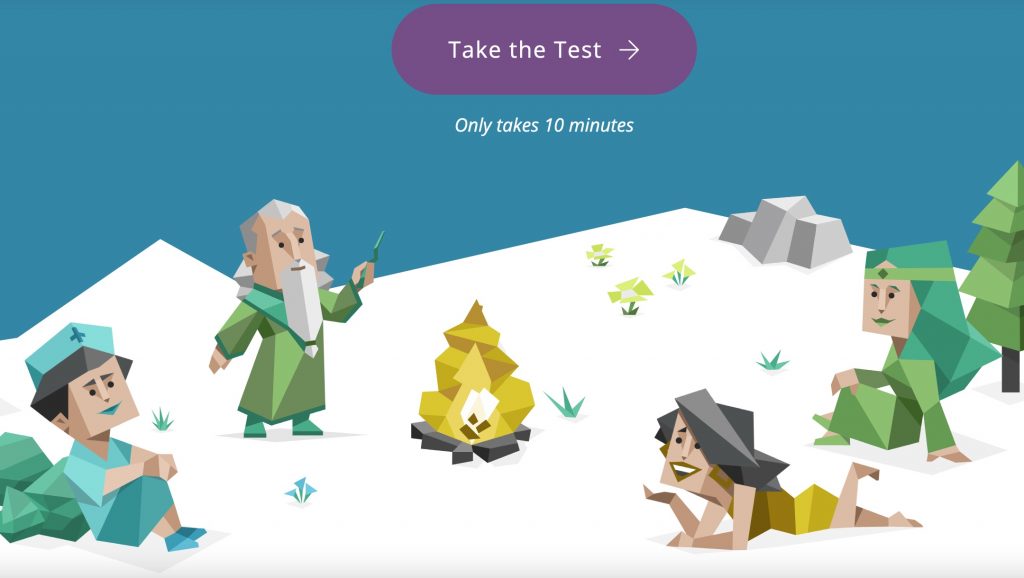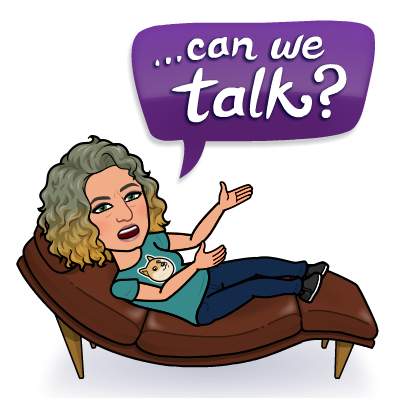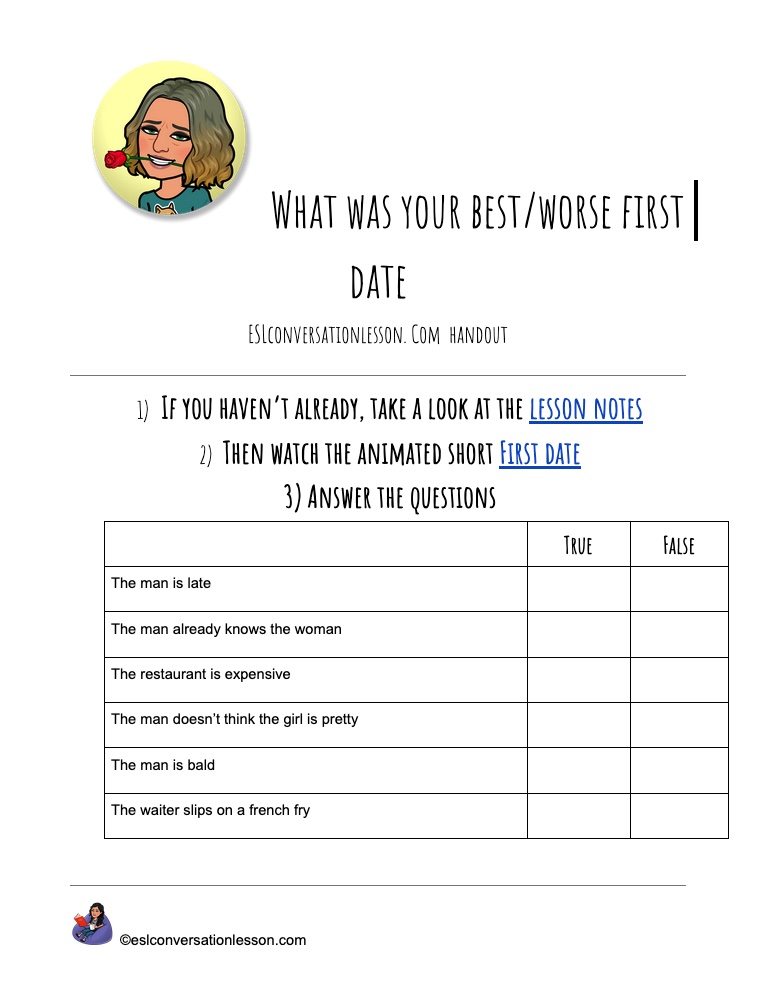Turn off the lights and get the flashlights out.–it’s time for some ghost stories! When I was a teenager, we used to break out the Ouija board and pretend that spirits were floating around us, trapped in a silent world desperate to make contact. The room would be hushed, someone would stiffle a nervous laugh and furtive glances would dart to see who truly believed and who was just pretending. We’d ask the “Ouija Master” all kinds of crazy questions, haf-convinced that as the glass slid along the board, we were brushing against the world beyond.
To be honest, I’m not sure what I believe when it comes to ghosts, but I do love a good ghost story. So many evenings spent swapping tales of flickering candles, Grandma’s favourite serving dish mysteriously appearing on the table, ghost dogs coming to deliver warnings, and shadows creeping along the walls before vanishing into the corners. Just writing about it is giving me goose bumps.
Here is my suggestion: invite your students to share ghost stories of their own– it can be inspired a real experience or totally invented. Alternatively, have them read this article and summarize one of the 10 real-life ghost stories. Then gather everyone in a circle, turn off the lights, and set the mood by playing a virtual fire on your smartboard or even on a tablet or Chromebook placed in the center. Now let the storytelling begin!
Warm up
- Do you believe in ghosts? Why and why not.
- Why do you think horror movies and ghost stories are popular?
Article: 10 Scary Ghost Stories to Make You Sleep With the Lights On-(source: USA Today)

Discussion Questions
- The article mentions places being “haunted” because of their history or atmosphere. What factors make a place feel haunted? Can you think of a place you know that would fit those factors?
- Which type of explanation seemed most convincing to you, and why?
- If you were to write your own ghost story (based on the article’s style), what setting would you choose (house, hotel, old forest, etc.) and what would the ghost be trying to say or do?
- What lesson(s) do you think a ghost story can teach us (even if we don’t believe in ghosts)?

















